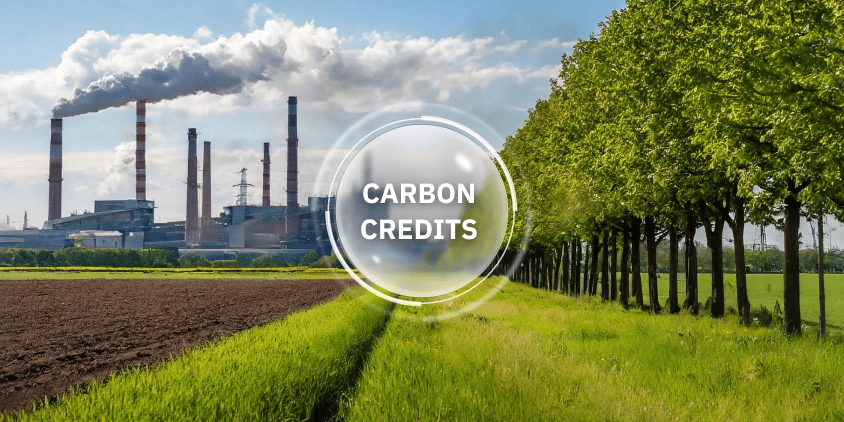VIETNAM FACES CHALLENGES IN DEVELOPING THE CARBON CREDIT MARKET – OPPORTUNITIES AND SOLUTIONS
Although carbon credits are a global trend, Vietnam currently faces significant challenges due to the lack of a clear legal framework. VIETNGA ENERGY provides updates on opportunities, potential, and solutions for developing a sustainable carbon market.
GENERAL INFORMATIONMARKET
11/22/20242 min read


VIETNAM FACES CHALLENGES IN DEVELOPING THE CARBON CREDIT MARKET
The carbon credit market is one of the most rapidly growing trends in the global green economy. However, in Vietnam, challenges related to the legal framework, operational mechanisms, and project implementation speed are hindering opportunities to enter the international market. This insight was shared by experts during the seminar "Green Economy Development in Agriculture: Insights from Forest Carbon Credits and EUDR Implementation".
OPPORTUNITIES AND GREAT POTENTIAL FROM THE CARBON CREDIT MARKET
Carbon credits are tradable permits that allow the holder to emit one ton of CO₂ or other greenhouse gases. They are a vital economic tool to reduce global emissions through transactions between nations and enterprises.
At COP29 in Azerbaijan, Nguyen Dinh Tho, Director of the Institute of Strategy and Policy on Natural Resources and Environment (Ministry of Natural Resources and Environment), stated that Vietnam has achieved certain successes in developing emission reduction projects in agriculture and forestry. However, successfully trading carbon credits requires significant time and effort. Tho highlighted:
"Currently, implementing a carbon project takes about 1–1.5 years to establish the foundation. Greenhouse gas inventory requires an additional 3 years, followed by 3–5 years to commercialize the carbon credits."
Vietnam aims to generate 25 million tons of carbon credits by 2025. According to Tran Hieu Minh, Head of Science, Technology, and International Cooperation at the Forestry Administration (Ministry of Agriculture and Rural Development), many international partners are interested in purchasing carbon credits from Vietnam. However, Minh warned:
"If we fail to capitalize on this in time, we risk losing opportunities, as carbon credits lose value the longer they are held, affecting transaction prices.".
CHALLENGES FROM A LACK OF CLEAR LEGAL FRAMEWORK
While the 2017 Forestry Law mentions plantation and natural forests, it does not clarify mechanisms related to carbon credits, making it difficult to attract investors. Tho emphasized:
"Hesitation in trading carbon credits could cause Vietnam to miss opportunities. The Government and the Ministry of Agriculture and Rural Development must urgently establish policies to develop this market if we are to keep pace with the world."
Meanwhile, neighboring countries like Thailand and Singapore have made significant progress in developing carbon credit markets, attracting large-scale international investments. Vietnam needs a clear benefit-sharing mechanism, particularly for natural forest projects.
CARBON MARKET: MODELS AND OUTLOOK
There are currently two main types of carbon markets worldwide:
Voluntary international carbon markets: Driven by corporate social responsibility commitments, creating additional credit supplies for domestic markets.
Mandatory domestic carbon markets: Governed by legal regulations requiring enterprises to comply with emission standards.
According to Decree 06/2022 on reducing greenhouse gas emissions and protecting the ozone layer, Vietnam's official carbon credit market is expected to operate by 2028. However, during this transitional period, Ha Cong Tuan, former Deputy Minister of Agriculture and Rural Development, suggested:
"Authorities should allow pilot projects to export carbon credits internationally. This leverages existing potential while the domestic market remains limited."
EARLY SUCCESS: CARBON CREDIT TRANSFER PROJECTS
Since 2014, Vietnam has initiated emission reduction efforts in agriculture with pilot carbon credit projects in the North Central region. In October 2020, Vietnam signed an agreement with the World Bank to transfer 10.3 million carbon credits, generating $51.5 million. This amount was allocated to local communities, benefiting approximately 7,000 forest owners directly.
Additionally, the 1-million-hectare low-emission rice program is underway, promising sustainable pathways for Vietnam's agriculture sector.
VIETNGA ENERGY: PARTNERING WITH BUSINESSES
As a pioneer in sustainable energy, VIETNGA ENERGY is committed to supporting businesses in greenhouse gas inventory and capitalizing on opportunities from the carbon credit market. We believe that integrating green economic development with social responsibility is key to achieving a sustainable future.
- According to Viet An | Vnexpress
VIETNGA ENERGY
Savings - Efficiency - Sustainability
HEAD OFFICE
Address | No. 3, Street 10, Quarter 4, An Khanh Ward, Thu Duc City, Ho Chi Minh City, Vietnam.
Phone | (+84) 286 2872 067
Email | info@nangluongvietnga.com
REPRESENTATIVE OFFICE
Address | Floor 5, IC Building, No. 82 Duy Tan Street, Dich Vong Hau Ward, Cau Giay District, Hanoi, Vietnam.
VIET NGA SUSTAINABLE ENERGY CO., LTD
BUSINESS SUPPORT
Phone | (+84) 937 669 985
Email | hoangsen@nangluongvietnga.com
Phone | (+84) 964 819 199
Email | thuynv@nangluongvietnga.com
TECHNICAL SUPPORT
Phone | (+84) 902 968 481
Email | chinhnv@nangluongvietnga.com
Phone | (+84)96 481 9199
Email | thuynv@nangluongvietnga.com
------------------------------------------------------------------------
CONFIDENTIAL & PROPRIETARY
Copyright by VIETNGA ENERGY | 2024 All Rights Reserved Design by Cre-tive Network


